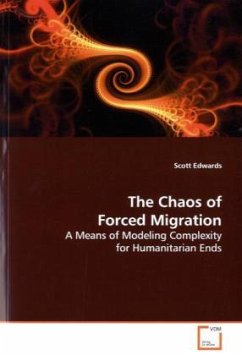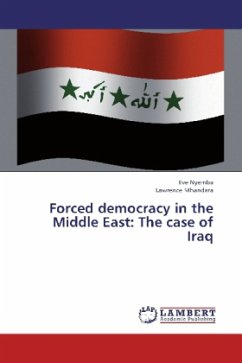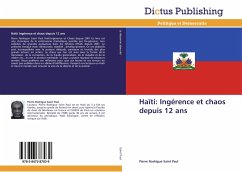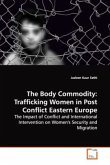The challenge in early warning of displacement
crises comes not in predicting individual behavior,
but in predicting the collective behavior of
thousands of people fleeing from violence,
oppression, and disaster, while each retains
individual autonomy and social identity.
This book is intended to reorient understanding of
displacement with the complexity that characterizes
real-world episodes of forced migration. In doing
so, it details an important step towards using
computational models as a tool in addressing the
devastating consequences of displacement. Armed with
such forcecasting models of flight, we may find great
benefit for the world s most vulnerable people.
Observing displacement crises in the news gives the
impression of Chaos of the breakdown of order and
recognizable patterns that frame our interaction
with the world. In fact, Chaos is not what we
witness, but rather the word is our way of
describing the awful truth that governs the lives of
so many. In fact, the Chaos we witness is ordered
and predictable.
And anything that may be predicted may be prevented.
crises comes not in predicting individual behavior,
but in predicting the collective behavior of
thousands of people fleeing from violence,
oppression, and disaster, while each retains
individual autonomy and social identity.
This book is intended to reorient understanding of
displacement with the complexity that characterizes
real-world episodes of forced migration. In doing
so, it details an important step towards using
computational models as a tool in addressing the
devastating consequences of displacement. Armed with
such forcecasting models of flight, we may find great
benefit for the world s most vulnerable people.
Observing displacement crises in the news gives the
impression of Chaos of the breakdown of order and
recognizable patterns that frame our interaction
with the world. In fact, Chaos is not what we
witness, but rather the word is our way of
describing the awful truth that governs the lives of
so many. In fact, the Chaos we witness is ordered
and predictable.
And anything that may be predicted may be prevented.








